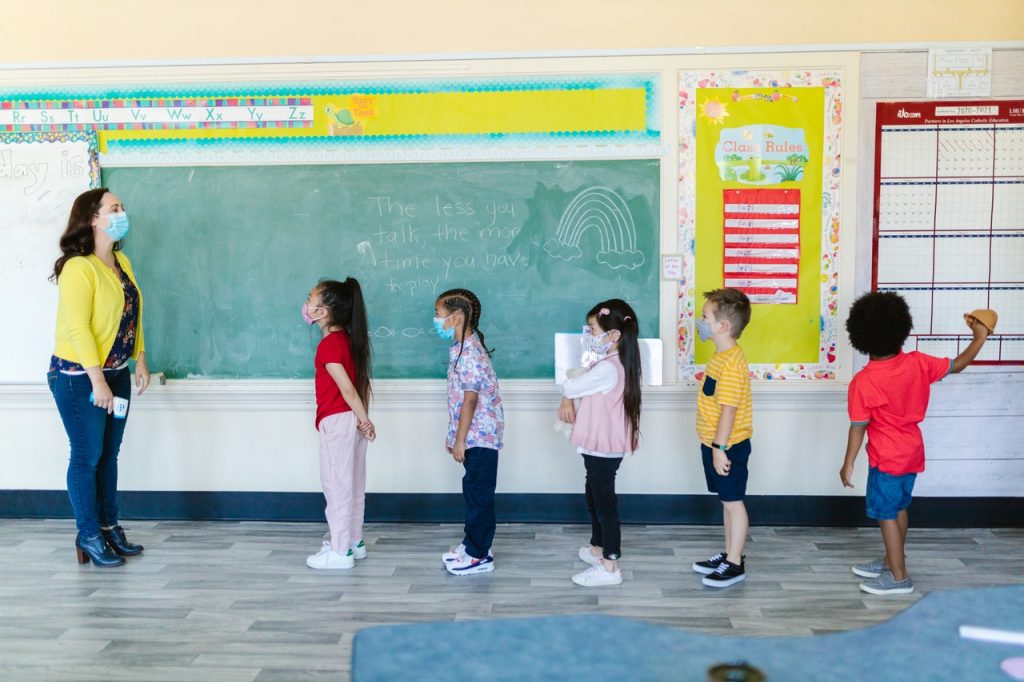News
UNICEF PH bats for ‘phased reopening’ of schools

MANILA – The United Nations International Children’s Emergency Fund (UNICEF) is asking governments worldwide for the “phased reopening” of schools as soon as possible, citing the various effects of missing in-person classes on students.
In a report dated August 25, UNICEF Philippines said the country is one of the five in the world that have not started in-person classes since the beginning of the pandemic.
“While new variants are causing a rise of infections, UNICEF is advocating for a phased reopening of schools, beginning in low-risk areas. This can be done on a voluntary basis with proper safety protocols in place,” it said.
UNICEF Philippines Representative Oyunsaikhan Dendevnorov noted that schools globally were fully closed for an average of 79 teaching days in 2020, while those in the Philippines have been closed for more than a year.
“The associated consequences of school closures – learning loss, mental distress, missed vaccinations, and heightened risk of drop out, child labor, and child marriage – will be felt by many children, especially the youngest learners in critical development stages,” she said.
UNICEF cited that at least 29 percent of primary students across the world “are not being reached” despite efforts to provide remote learning.
In addition to lack of assets for remote learning, the youngest children may not be able to participate due to a lack of support using the technology, a poor learning environment, pressure to do household chores, or being forced to work.
“Studies have shown that positive school experiences during this transition period are a predictor of children’s future social, emotional and educational outcomes. At the same time, children who fall behind in learning during the early years often stay behind for the remaining time they spend in school, and the gap widens over the years,” it said.
Campaigning for the resumption of in-person learning, UNICEF said governments must now start providing comprehensive recovery response for students by focusing on the three following key priorities:
– Targeted programs to bring all children and youth back in school where they can access tailored services to meet their learning, health, psychosocial well-being, and other needs;
– Effective remedial learning to help students catch up on lost learning; and
– Support for teachers to address learning losses and incorporate digital technology into their teaching.
“In the following weeks, UNICEF will continue to mobilize its partners and the public to prevent this education crisis from becoming an education catastrophe,” the organization said.
“Online and offline campaigns will rally world leaders, teachers, and parents around a common cause: reopen schools for in-person learning as soon as possible. The future of the world’s most vulnerable children is at stake,” it added.





















